In a landmark attempt to bolster passenger rights, the European Parliament’s Petitions Committee has unanimously approved a resolution that would prohibit airlines from charging fees for carry-on bags. The resolution now faces an official vote in the European Parliament this October and, if approved, would reshape airline industry practices across Europe.
Problems the EU wants to solve
The resolution seeks to solve two key problems:
- Hand luggage policies are inconsistent across airlines, which causes confusion, inconvenience, and disputes at the airport.
- Hand luggage policies are often not clearly outlined by airlines, meaning airlines can falsely advertise low fares while adding hidden fees during checkout.
Their justification
The resolution references the European Court of Justice’s 2014 judgment in case C-487/12 that cabin baggage, provided it complies with “reasonable requirements” for size and weight, is an essential part of passenger travel. Given that cabin bags are essential, the court decided that passengers shouldn’t have to pay extra for them.
Though this decision is nearly 10 years old, it was never enforced, and airlines throughout the EU continue to charge hefty fees for cabin baggage.
Their recommendations
The resolution recommends two courses of action from the European Commission:
- Adhere to the European Court of Justice’s ruling and enforce the prohibition of extra charges for carry-on luggage.
- Define a standard, “reasonable” carry-on baggage weight and size.
- Consider regulations addressing other ancillary costs charged by airlines, such as seat allocation and checked baggage.
Arguments against the resolution
Unsurprisingly, Javier Gándara, the Association of Airlines president, defended current practices, saying that charging for cabin baggage is legal under European Regulation 1008/2008. Gándara argued, “Many passengers fly without cabin luggage. In some airlines, this can represent up to 40% of customers. Segregating services lets passengers pick what they genuinely need.”
I’m confused as to why Mr. Gándara referenced 1008/2008, since the regulation never once mentions fees for cabin baggage, let alone enshrines an airline’s right to charge them.
A more compelling argument against this proposed regulation is that there’s good evidence that unbundling (i.e. charging separately for things like baggage, food, seat assignments, etc.) has led to lower fares overall. One study found that an airline’s ticket price will be, on average, 2% lower in markets where at least one competitor is charging a bag fee compared to markets where nobody charges for bags. That’s good for consumers.
Conclusion
Whether or not to ban fees for carry-on baggage will face a plenary vote in Strasbourg in October. I’m not sure this regulation is the best way to go about protecting consumers since charging for bags has been shown to lower ticket prices overall. Either way, I’m interested to see how everything unfolds next month and the consequences for low-cost carriers who’ve based their businesses on charging add-ons.
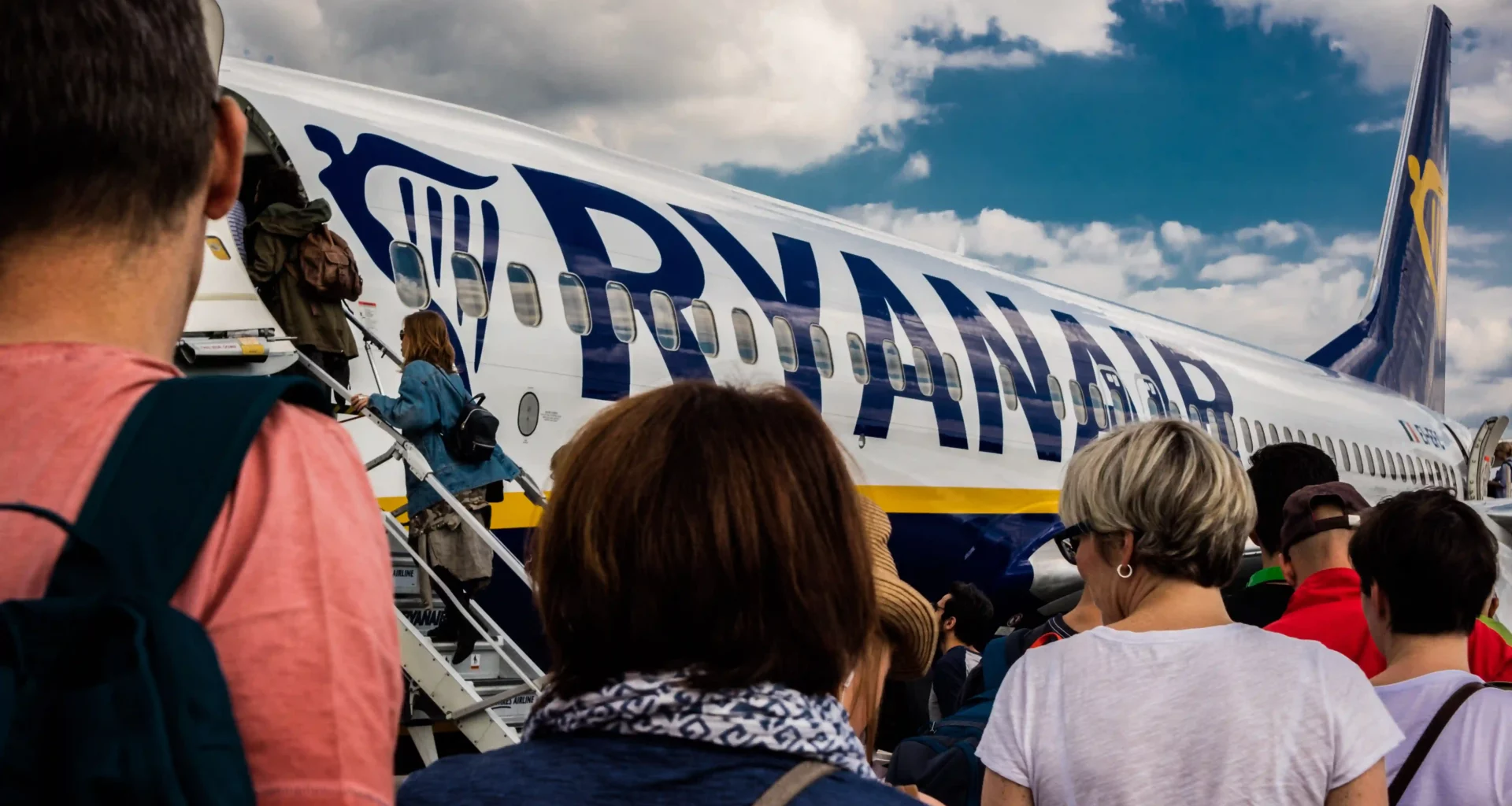
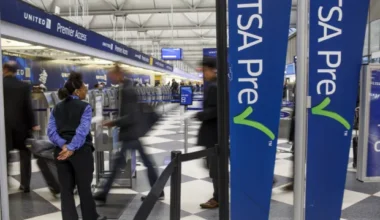
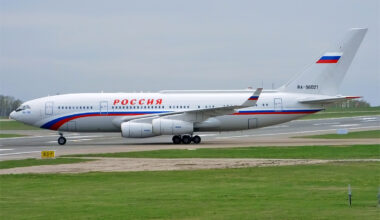


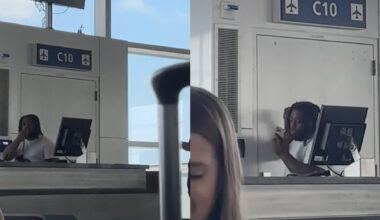
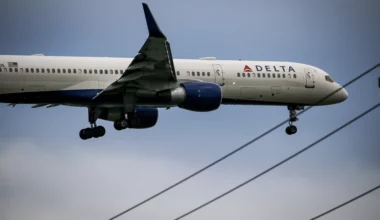
2 comments
Charging for cabin baggage doesn’t lower fares. What that “study” really was indicating is that the the presence of a “low cost” competitor — being defined as one with an airline charging for cabin baggage — on a route came with a wee bit of downward pressure on the headline prices filed by the airlines as the ticket fare.
Are you sure? Seems to me like the study basically just shows that the introduction of a bag fee by one airline impacts the ticket pricing strategies of other airlines in the same market. i.e. An airline that sees its competitor charging for bags might be incentivized to lower ticket prices to attract customers who don’t check bags, resulting in fares that are 2% lower on average.